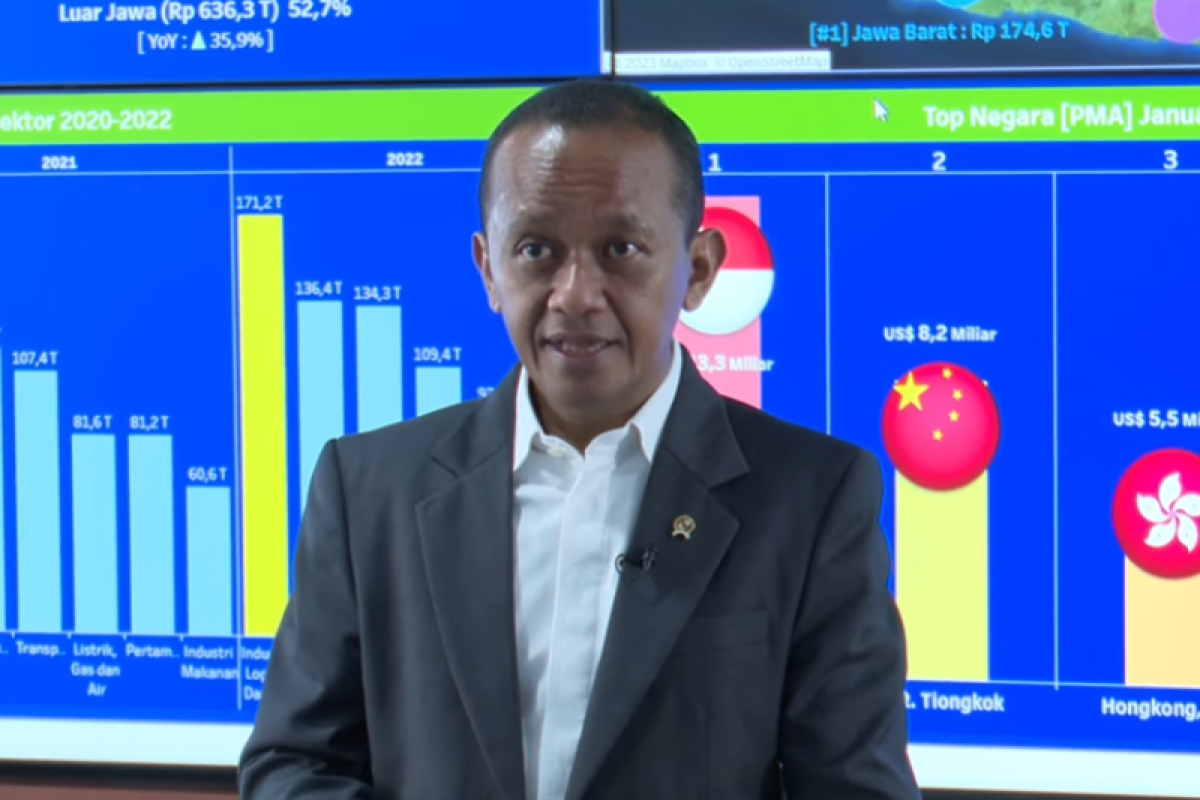Bahlil is Asked to Boost Ethanol and Methanol Industry Expansion
Indonesia is intensifying its push for energy independence by focusing on the development of ethanol and methanol industries, as outlined by Minister of Investment Bahlil Lahadalia. This initiative aligns with President Joko Widodo’s vision to reduce the nation’s reliance on imported energy sources while enhancing domestic resource utilization.
The Strategic Importance of Ethanol and Methanol
Ethanol and methanol are versatile biofuels derived from organic sources, such as sugarcane and other biomass materials. They offer a cleaner, renewable alternative to fossil fuels, making them pivotal to achieving energy self-sufficiency and lowering greenhouse gas emissions. For Indonesia, an archipelagic nation with abundant natural resources, developing these industries presents both an environmental and economic opportunity.
Government Initiatives and Policy Support
The Indonesian government has established a dedicated task force to expedite the development of ethanol and methanol industries. This body is tasked with coordinating investment, streamlining business licensing, and ensuring land availability for sugarcane plantations, a primary raw material for ethanol. With plans to integrate sugar, ethanol, and biomass power plants, the government is creating a comprehensive ecosystem to sustain these industries.
Key policy measures include transforming the Merauke food estate into a Special Economic Zone (SEZ), emphasizing sugarcane cultivation across 2 million hectares. The SEZ designation is expected to attract significant investment, bolster local employment, and create a sustainable supply chain for ethanol and methanol production.
Current Challenges and Opportunities
Despite its potential, the ethanol and methanol industries face challenges, including high production costs, limited infrastructure, and competition with conventional fossil fuels. To address these hurdles, the government is providing incentives to private investors and state-owned enterprises, such as tax breaks and funding for research and development.
Additionally, the adoption of advanced technologies, such as second-generation biofuel production, is expected to improve efficiency and competitiveness. Collaborative partnerships with international stakeholders are also being explored to enhance expertise and access global markets.
Environmental and Economic Impacts
Scaling up ethanol and methanol production will significantly reduce Indonesia’s dependency on imported fuels, which currently account for a substantial portion of its energy needs. By leveraging its natural resources, Indonesia can also achieve a more balanced trade deficit and create jobs in rural areas.
From an environmental perspective, biofuels contribute to lowering carbon emissions, aligning with global climate action targets. This initiative complements other renewable energy efforts, such as the B35 biodiesel program, to transition toward a greener economy.
Future Prospects
The Indonesian government’s ambitious targets for ethanol and methanol production underscore its commitment to long-term energy security. As global energy dynamics shift towards sustainability, Indonesia’s proactive stance in biofuel development positions it as a leader in the Southeast Asian region. Successful implementation of this strategy will not only drive domestic energy independence but also enhance the country’s role in global renewable energy markets.
Read More






 Thursday, 12-02-26
Thursday, 12-02-26







